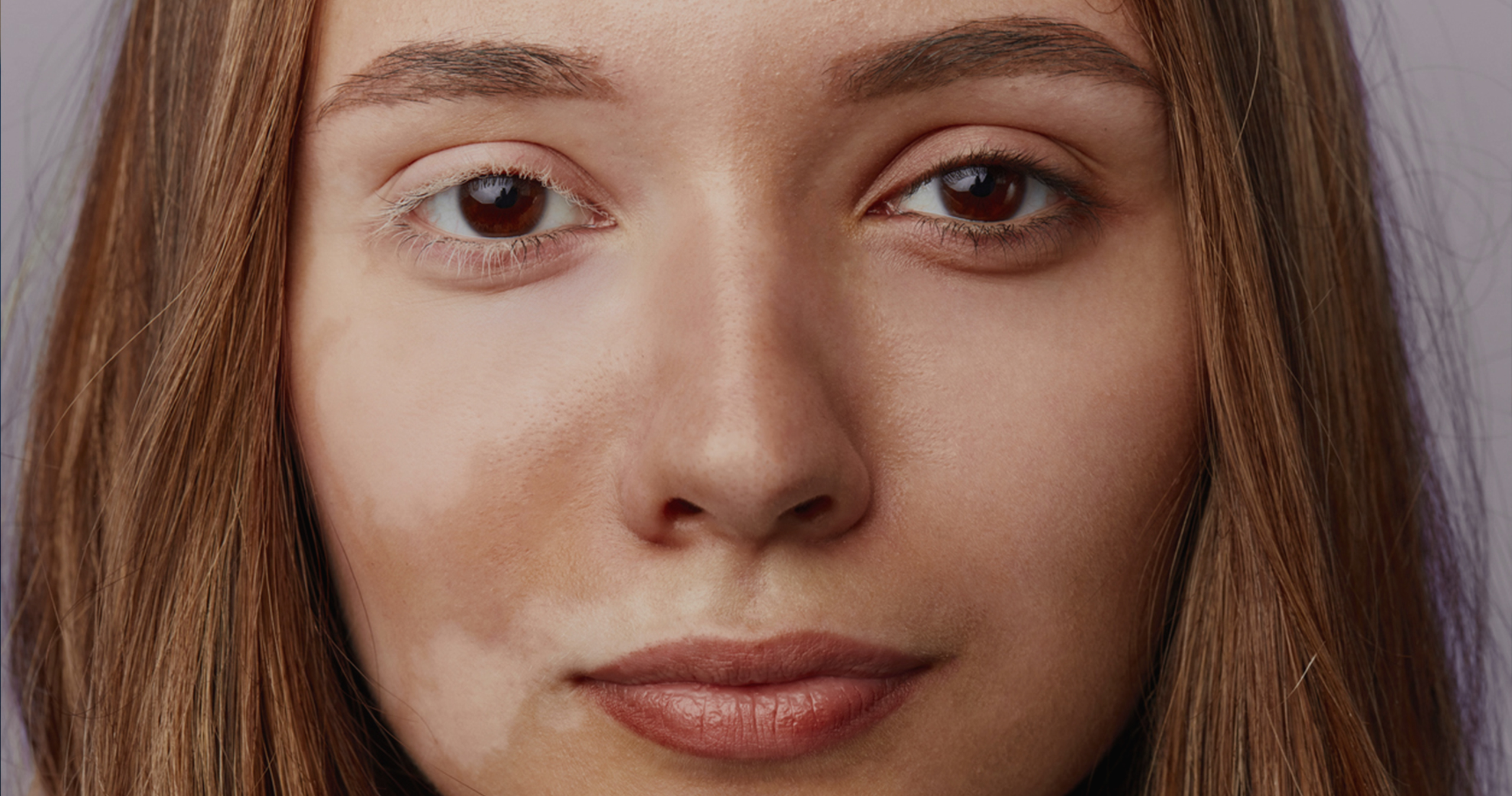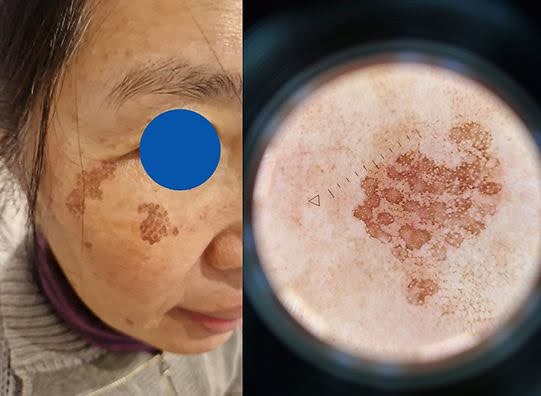

Facial pigmentation is a common concern that affects people of all ages and skin types. Whether it’s sunspots, melasma, freckles, or post-inflammatory hyperpigmentation, these dark patches can impact your confidence and the appearance of your skin. Understanding the causes, types, and treatment options for facial pigmentation can help you achieve a clearer, more even complexion.
Facial pigmentation refers to the darkening of certain areas of the skin caused by an excess production of melanin, the pigment responsible for skin colour. This can result in various forms of discolouration, including:
Several factors contribute to the development of facial pigmentation:
Preventing facial pigmentation is often easier than treating it. Here are some steps you can take to protect your skin:
If you’re already dealing with pigmentation issues, several treatment options can help lighten and even out your skin tone:
– Hydroquinone: A powerful skin-lightening agent that inhibits melanin production.
– Retinoids: Promote cell turnover and reduce pigmentation.
– Azelaic Acid: Reduces inflammation and melanin production.
– Vitamin C: An antioxidant that brightens the skin and fades pigmentation.
Chemical peels use acids like glycolic acid, salicylic acid, or lactic acid to exfoliate the skin and improve pigmentation. These treatments can be superficial, medium, or deep, depending on the severity of pigmentation.

Advanced laser therapies, such as PicoWay, target pigmentation with precision. These treatments break down pigment particles without damaging surrounding skin, leading to a more even complexion.
Breakdown of pigment in sun-spots, one day after a single treatment with the PicoWay laser. This process continues for several days and leads to eventual resolution of the pigmentation.

If over-the-counter products aren’t providing the desired results, or if your pigmentation is worsening, it’s time to consult a dermatologist that specialises in pigmentation. They can diagnose the underlying cause and recommend appropriate treatments tailored to your skin type and condition.
Facial pigmentation is a common and often frustrating issue, but with the right knowledge and treatments, achieving a clearer, more even skin tone is possible. By understanding the causes, taking preventive measures, and exploring various treatment options, you can effectively manage and reduce pigmentation. Always consult with a healthcare professional to find the best approach for your unique skin needs, and embrace the journey to radiant, healthy skin.